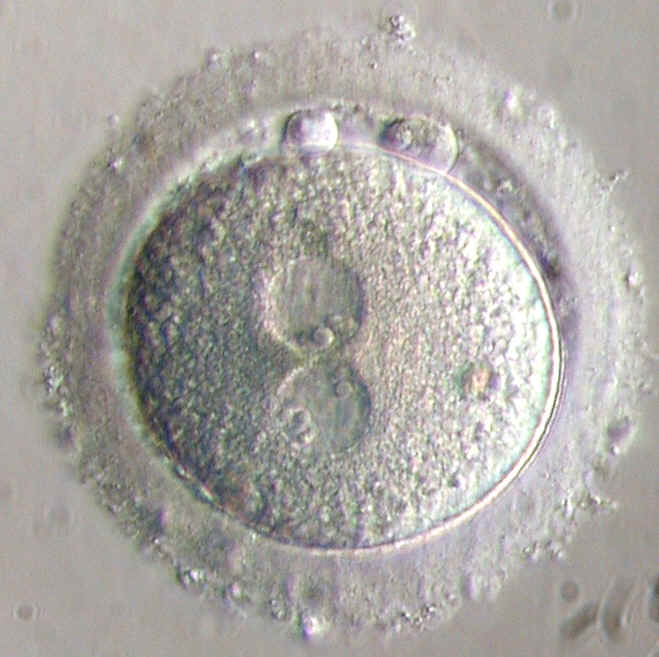Two Australian ethicists created a firestorm of controversy last year when they argued for after-birth abortions. Another Australian ethicist has taken up their torch, gleefully celebrating the idea of designer humans and in vitro eugenics.
A series of recent scientific results suggest that, in the not-too-distant future, it will be possible to create viable human gametes from human stem cells. This paper discusses the potential of this technology to make possible what I call ‘in vitro eugenics’: the deliberate breeding of human beings in vitro by fusing sperm and egg derived from different stem-cell lines to create an embryo and then deriving new gametes from stem cells derived from that embryo. Repeated iterations of this process would allow scientists to proceed through multiple human generations in the laboratory. In vitro eugenics might be used to study the heredity of genetic disorders and to produce cell lines of a desired character for medical applications. More controversially, it might also function as a powerful technology of ‘human enhancement’ by allowing researchers to use all the techniques of selective breeding to produce individuals with a desired genotype.
A series of recent scientific results suggest that, in the not-too-distant future, it will be possible to create viable human gametes from human stem cells.1–5 i Should this turn out to be the case, it will dramatically expand the number and type of individuals—and combinations of individuals—for whom reproduction will be possible and will consequently require a concerted effort to extend and revise current accounts of the ethics of reproduction. Some of this intellectual work has already begun, with philosophers and bioethicists discussing the ethics of posthumous and same-sex genetic parenthood with renewed enthusiasm. However, the development of a technology of in vitro gametogenesis would also make possible other technological interventions into human reproduction, which as yet have barely been discussed at all. In particular, it might allow what I will call ‘in vitro eugenics’: the deliberate breeding of human beings in vitro by fusing sperm and egg derived from different stem-cell lines to create an embryo and then deriving new gametes from stem cells derived from that embryo, which in turn might be used in the creation of another embryo. Repeated iterations of this process would allow scientists to proceed through multiple human generations ‘in the lab’.ii In vitro eugenics might be used to study the heredity of genetic disorders and to produce cell lines of a desired character for medical applications. More controversially, it might also function as a powerful technology of ‘human enhancement’ by allowing researchers to use all the techniques of selective breeding to produce human individuals with a desired genotype. This paper aims to draw the attention of other scholars to this dramatic and—to some, at least—potentially disturbing new technological possibility.
So hey, maybe one day parents can design their own babies! They can pick the gender, the hair color, eye color, and IQ, and make sure that their spawn has only “desirable” genetic traits. It’ll be like a real-life Gattaca! Of course, there used to be a time when creating little Frankenstein monsters would make a good horror story. Now, it’s something that excites ethicists.
And why shouldn’t we take that next step? We already practice eugenics through abortion. Babies diagnosed with any kind of disability are overwhelmingly likely to be killed. Sex-selective abortions are on the rise around the world. It would be a lot easier to just take care of those messy issues in a little test tube, wouldn’t it? Never mind the humanity that it robs from us and our future generations. Never mind the potential consequences that may arise from tinkering with human genetics. Never mind that this very idea makes the argument that only certain kind of lives are valuable – people with diseases or disabilities don’t deserve to live. And what happens when a baby is born with the “wrong” results? Maybe that’s when the the after-birth abortions can come into play.
The entire idea of making little designer humans and practicing in vitro eugenics is ghoulish and disgusting. Most disturbing of all is that this is what passes for “ethics” in some medical circles.







